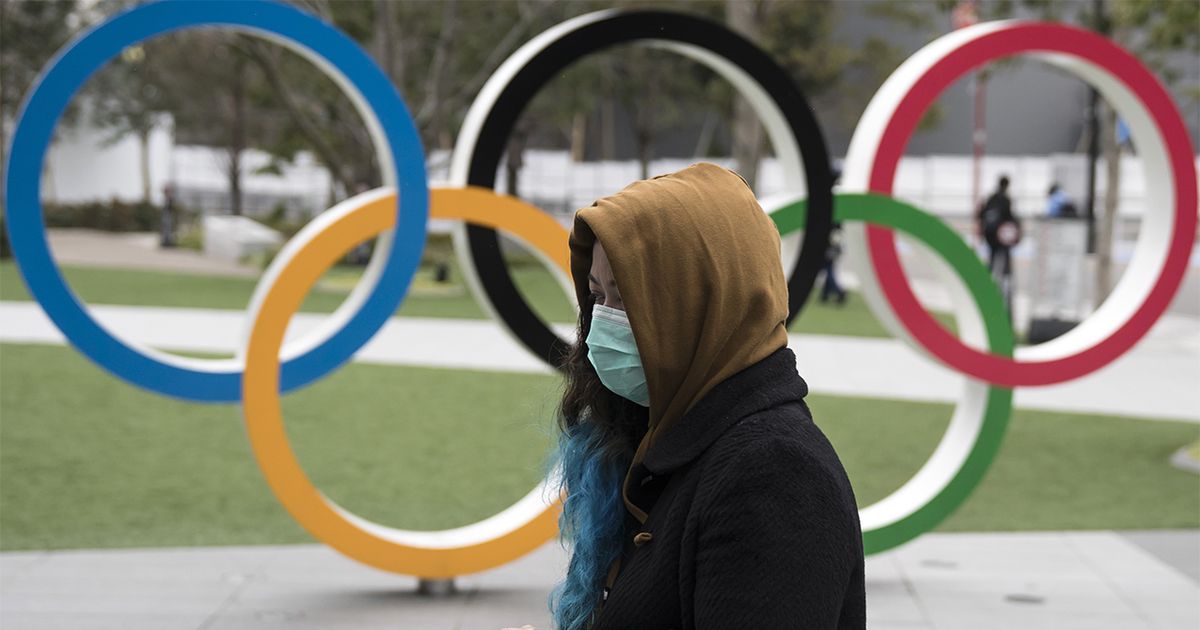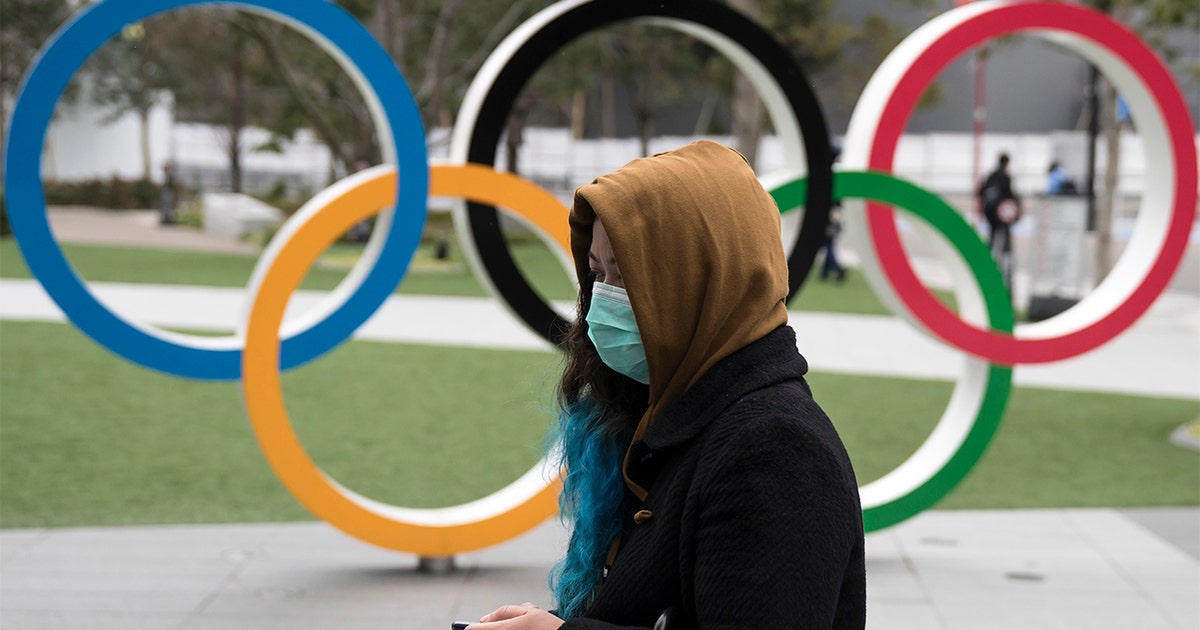From the Olympics to the NBA, the sports world is preparing for the coronavirus


I really didn’t want to be writing about the coronavirus this morning, if for no other reason than this is a sports column, and there are plenty of other places you can get your handwashing tips and medical news.
Yet as the global death toll rises and the outbreak remains the number one topic of conversation around the world, the reality is that sports has been, and will continue to be, drastically affected.
Major events across several sports have already been cancelled as sports chiefs, quite rightly, take no chances with the health of their athletes, staff and fans. Perhaps the most serious developments over the past days, however, have been in the contingency plans that are being hashed out by leading sports organizations.
If those plans need to be implemented, let’s just say that the sports we know and love are going to look very different for a while.
President Bach: “The IOC remains fully committed to the success of the Olympic Games #Tokyo2020. I encourage all athletes to prepare for the Games with ‘full steam’. ” @Tokyo2020 pic.twitter.com/E5pTmz2yhz
— IOC MEDIA (@iocmedia) March 3, 2020
Can you imagine an Olympic Games with no fans? It is hard to fathom, but the idea of a spectator-free Games in Tokyo this summer appears to be gathering traction. While Japan in August is seriously warm and medical experts insist that the virus loses potency the hotter things get, several mentions have now been made about the possibility of limiting the Olympics to athletes and essential staff only.
British cycling chief Stephen Park told the Daily Mail newspaper that a situation replicating a recent World Cup skiing event in Italy, which was broadcast live but with no spectators, was an option. “Might some of those things happen (in Tokyo)?” Park said. “Possibly.”
If it did, the 2020 Olympics would effectively become a television show. In some ways, it is already, but there would be no cheering stadiums or raucous atmospheres. Imagine a strange and eerie quiet at the start of the 100-meter final. Picture being able to hear every bit of coaching advice and trash talk from a Dream Team basketball game, as if it was a scrimmage.
Still the Olympics. Still gold medals at stake. Still a huge worldwide viewership. Just different.
IOC Executive Board statement on the coronavirus (COVID-19) and the Olympic Games #Tokyo2020 https://t.co/ShoNDBNSOK
— IOC MEDIA (@iocmedia) March 3, 2020
The Olympic website contained no mention of the COVID-19 disease until Tuesday morning, even though Japanese life has been hugely affected. All schools were recently ordered closed for a month, baseball games and sumo wrestling tournaments have been held behind closed doors, and travel numbers to the country have fallen drastically.
The size and scale of the Olympics, plus the amount of money and logistics involved, add a new dimension to the conundrum. Calling off, changing or moving the event is no simple matter — and is an outcome that the organizers don’t want to entertain at this stage.
“What message would it send out were the Games to proceed in the jaws of a pandemic?” wrote the Guardian’s Jonathan Liew. “A cancelled or postponed Olympics would be a great sadness on multiple levels. But in many ways it would also represent the triumph of human collaboration over human self-interest.”
For now, various sports are simply doing what they can to play their part in controlling the spread of the virus.
According to reports, soccer’s English Premier League, nearing the end of its current campaign, is looking at the potential of closing its doors for remaining matches. The NBA has issued its players a 10-point set of guidelines, including avoiding high-fiving fans or taking items such as pens, balls or jerseys from autograph seekers.
Reporting with @ZachLowe_NBA: In memo to teams on coronavirus, NBA suggests players choose fist-bumps over high-fives and avoid taking items such as pens, balls and jerseys to autograph. Teams also concerned about corona impact on pre-draft process. Story: https://t.co/dKZyDMZdVy
— Adrian Wojnarowski (@wojespn) March 2, 2020
Overseas, major disruptions have already been implemented. In Formula 1, the Chinese Grand Prix was cancelled. Table tennis’ world championships, set to be staged in South Korea, were moved to June. Speed skating’s short track world championships were moved to a later date not before October. In Italy, a third week of matches was affected, with some games played without fans and others postponed to a later date.
As for the Olympics, golfer Dustin Johnson said on Monday that he wouldn’t go, giving his reason as “scheduling.” However, his decision and its timing rekindled memories of the Rio Olympics and how many of the world’s leading male golfers pulled out due to fears surrounding the Zika virus. Imagine what coronavirus concerns could do to the field.
The whole thing is not a fun topic. So much is still unknown about COVID-19 and, compared to the stark reality that thousands of people have already lost their lives, the importance of sports must be kept in firm perspective.
Yet sports’ role in this is significant enough that it should not be overlooked. As one of modern society’s great communal meeting spots, especially involving international travel, it is a part of the narrative.
Things are going to be different for a while. They’re already different. All we can do for now is wait and wonder what comes next. And wash our hands for 20 seconds.






